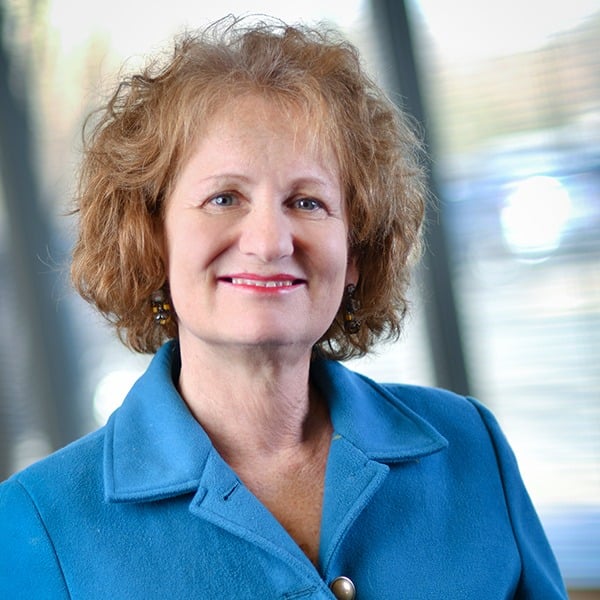“I am not happy in my work,” the young physician announced to me during our first conversation. “I’ve been at this a year, and I still feel uncertain, overwhelmed and it’s simply ‘not enough’ during my clinic days.” She went on to describe what is frequently referred to as the “imposter syndrome” where someone feels they are in a profession they are unqualified for.
How could she test her perception of her abilities? How could she get meaningful feedback about the work she was doing? How could she find out if physicians like her were having similar perceptions of their abilities? You guessed it, it would require her to proactively break her isolation and speak openly with colleagues or to find a mentor. But this was not an easy step for her to take. She acknowledged that speaking openly about her concerns would make her feel uncomfortably vulnerable – particularly with peers.
In an interview with Linda Schapira, MD, published by Medscape last May, Tait Shanafelt, MD noted the following, “As physicians, we generally don't reveal our vulnerabilities or the things we're struggling with to our colleagues. Many of these behaviors are reinforced as professional norms during training. Our training systems, even today, tend to be based on overwork and trial by fire and do not necessarily encourage vulnerability with colleagues.” This is a real issue for physicians that often set unrealistically high standards for themselves and fall prey to overly harsh self-criticism and doubt unless held in check by colleagues and mentors.
There are other issues with professional isolation. “In medicine, we are exposed to death, human suffering, and the limitations of our current therapy to help many patients,” Shanafelt shared with Dr. Schapira, adding this is an emotional burden, best understood and supported by others in the profession.
Not surprisingly, there have been several studies demonstrating increased well being when physicians are brought together on a regular basis to share their professional experiences, feelings, reactions and perceptions. Such organized efforts to bring physicians together are clearly beneficial and are encouraged. But what if this type of group is not readily available to a physician? Most physicians report the physician lounge or dining room has disappeared from their organization, making it difficult to find natural opportunities to converse casually or to build relationships with colleagues. It’s important to recognize the importance of peer relationships and intentionally put energy and effort into establishing them.
Ideas to Help Establish Peer Relationships
- Identify one or two colleagues you think you can connect with. Ask one of them to go to coffee or alternatively a short walking break. Ask them how things are going for them at work. What they find most rewarding? Most challenging? The goal is to build a connection with someone at work, someone you can trust and can talk to about your rewards and challenges. Colleagues in similar situations will be able to understand you in ways others can’t.
- Get some of your colleagues together for happy hour, a social activity such as bowling or a casual dinner.
- Look into any structured peer experiences offered in your community such as the Schwartz Rounds or Balint Groups.
- Join an online physician support group such as https://www.facebook.com/physicianmomsgroup/ or http://www.sermo.com/
- Contact VITAL WorkLife to connect with a peer coach, or for assistance in finding or starting a peer support group within your community.
And the young physician? “I couldn’t believe what a relief it was to start to talk with some of my colleagues about what I was feeling,” she noted after overcoming her reluctance to reach out to her peers. “It’s made a huge difference to realize that others, even those with more experience, were having some of the same challenges as me.”
She also found many of the approaches she was taking with her patients were like those of her peers, and in a few cases, she discovered strategies for making her job easier and being more effective. “I’m definitely feeling more positively about my practice right now,” she said, “and definitely not so alone.”
We Can Help
Peer coaches can help you with managing unusual levels of stress, increased anger and frustration at work, communication difficulties, difficulties balancing the demands of family and medicine, strengthening leadership skills and more. Learn more about Physician Peer Coaching and the benefits of physician peer coaching.
Contact us at 877.731.3949 or through your VITAL WorkLife App to access peer coaching and your entire suite of Physician Well Being Resources.
Not a Member?
Contact us to learn how our Physician Well Being Resources can help improve the well being of your healthcare organization.
Sources:
https://www.medscape.com/viewarticle/896855
West CP, Dyrbye LN, Rabatin JT, et al. Intervention to promote physician well-being, job satisfaction, and professionalism: a randomized clinical trial. JAMA Intern Med. 2014;174:527-533. Abstract
West CP, Dyrbye LN, Satele D, Shanafelt TD. A randomized controlled trial evaluating the effect of COMPASS (Colleagues Meeting to Promote and Sustain Satisfaction) small group sessions on physician well-being, meaning, and job satisfaction. J Gen Intern Med. 2015;30: S89.


